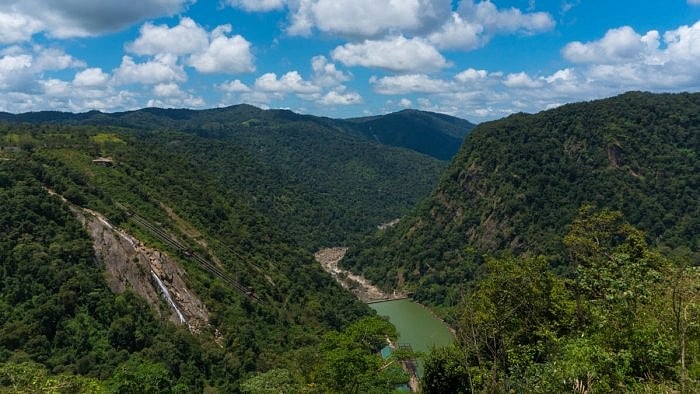
Representative image.
Credit: iStock Photo
Bengaluru: More than 20 years since the Biodiversity Act came into force, Karnataka is yet to make headway in utilising its provisions to protect its rich bio-resources, while the latest amendment to the Act threatens to dilute the regulatory regime that once enabled conservation.
The Karnataka Biodiversity Board (KBB) has not been able to overcome some of the issues it has faced for the last two decades, with the only exceptions being some of the work undertaken by the board in the last decade.
However, over the past few years, the research work that once brought recognition to the board has all but ceased.
A senior official said the last landmark research work undertaken by the board was an attempt to assess the population status of bio-resources in Karnataka's forests, with an emphasis on medicinal plants, conducted in 2017.
The study showed that Karnataka has 601 species of medicinal plants. At that time, less than 50 species faced threats due to high trade and other factors, including climate change. However, there is no information on the current status of these plants.
The official said the board has failed to develop in-house expertise for research. "The board is entirely dependent on outsourced personnel for daily work. There has been no effort at capacity building. As a result, key positions in the board have become ceremonial posts," an official said.
At the 55th meeting held in September 2024, the board was presented with the details of its funds. The board received Rs 2.48 crore from the National Biodiversity Authority, Access Benefit Sharing, and other sources until September 2023, but spent Rs 1.14 crore, mostly towards salaries, maintenance, and payments to outsourced labourers.
Sources within the board confirmed that the amount of money spent on research was negligible. "This is because not many are coming forward to undertake research. There are people interested in organising events, but they do not have long-term conservation plans," the source added.
To a question, Deputy Conservator of Forest Govardhan Singh stated that the board has reached out to universities to participate in research work. "We have been writing to the universities to create awareness of research opportunities. Whenever proposals are received, they are placed before the board for further decision," he said.
In October last year, the Centre made significant commitments on the world stage to protect 30% of its land, marine, inland water, and other biodiversity-rich areas by 2030. It also pledged to more than double its annual biodiversity expenditure from Rs 32,207 crore to Rs 81,664 crore, starting in 2024-25.
The official source said the board requires a strong leader to formulate programmes and press the central authorities to release funds for the much-needed projects.